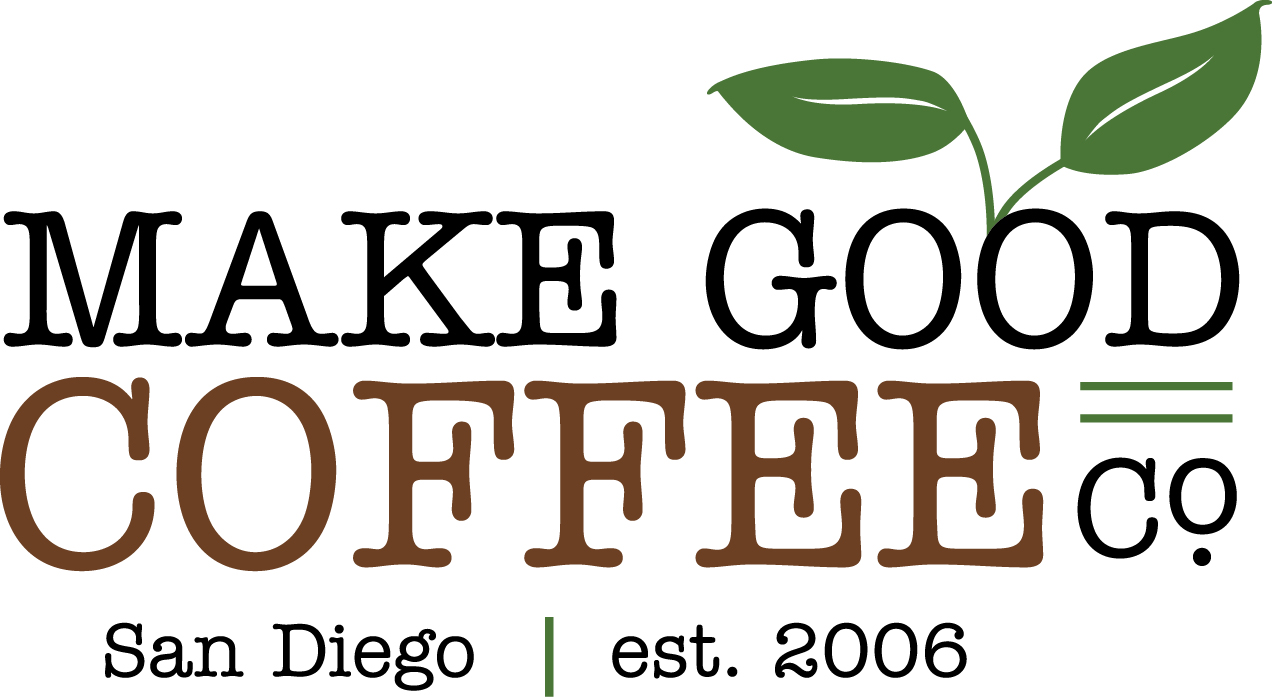The Future of Fair Trade Coffee
 No matter what they tell you in Seattle, the coffee capital of North America is Portland, Oregon. Do a search of coffee companies and cafes in the greater Portland area, there are almost 7,000 of them. And so, it struck me that in eight months of living here, I haven't seen the Fair Trade logo, not even once.Fair Trade is a certification program where you as a consumer are assured that for spending just a little more, the farmer will receive a fair price for his product. The belief is that by free trade economics, farming communities will never make enough money to invest in the infrastructure of their communities, and get out of the cycle of poverty they are stuck in. Meanwhile, we enjoy the amazing product that they give us.[ad#Google Adsense - use me]Most of what I know of Fair Trade coffee, I've learned from the coffee roasters I've met, and from a book called Brewing Justice
No matter what they tell you in Seattle, the coffee capital of North America is Portland, Oregon. Do a search of coffee companies and cafes in the greater Portland area, there are almost 7,000 of them. And so, it struck me that in eight months of living here, I haven't seen the Fair Trade logo, not even once.Fair Trade is a certification program where you as a consumer are assured that for spending just a little more, the farmer will receive a fair price for his product. The belief is that by free trade economics, farming communities will never make enough money to invest in the infrastructure of their communities, and get out of the cycle of poverty they are stuck in. Meanwhile, we enjoy the amazing product that they give us.[ad#Google Adsense - use me]Most of what I know of Fair Trade coffee, I've learned from the coffee roasters I've met, and from a book called Brewing Justice
 I always get more than I bargained for when I meet people in the coffee business, and my recent visit to Kobos Coffee was no exception.I asked Production Manager Kevin Dibble why I hadn't seen the Fair Trade logo since I arrived in Portland. He smiled a very telling smile, considered how to answer, and then said, "Yeah, we used to see that around here a lot in the 90s." - read: yeah, that used to be trendy around here, but isn't anymore.Kobos Coffee is the one of the longest-standing coffee roasters in Portland. Surely if there is a scribe of trends that have come and gone in the world of coffee, they've lived it. I asked Kevin what Kobos did instead to promote sustainability. They focus without the need for certification, on ensuring three things from where their coffee is grown: the economics of that area, the environmental impact of how it is grown, and social change.
I always get more than I bargained for when I meet people in the coffee business, and my recent visit to Kobos Coffee was no exception.I asked Production Manager Kevin Dibble why I hadn't seen the Fair Trade logo since I arrived in Portland. He smiled a very telling smile, considered how to answer, and then said, "Yeah, we used to see that around here a lot in the 90s." - read: yeah, that used to be trendy around here, but isn't anymore.Kobos Coffee is the one of the longest-standing coffee roasters in Portland. Surely if there is a scribe of trends that have come and gone in the world of coffee, they've lived it. I asked Kevin what Kobos did instead to promote sustainability. They focus without the need for certification, on ensuring three things from where their coffee is grown: the economics of that area, the environmental impact of how it is grown, and social change. "I needed to give incentive to the coffee farmers by paying a premium price for the best coffee beans. I got great coffee, and they got the means to further their livelihoods." - David Kobos. When coffee cost pennies per pound, founder and owner David ventured that his business could revolve around paying $2 per pound, and promoting sustainability to his customers. David opened his first shop in 1973. Fair Trade USA was founded in 1998.Sustainability is promoted in many different ways now. The Fair Trade movement does much good, and stands for doing the right thing (paying a little more for better quality that improves the lives of the people that make it possible). If Portland is the coffee capital of North America, and Fair Trade was considered a fad here, I wonder what other alternatives to promoting sustainability will take up the battle against free trade economics.
"I needed to give incentive to the coffee farmers by paying a premium price for the best coffee beans. I got great coffee, and they got the means to further their livelihoods." - David Kobos. When coffee cost pennies per pound, founder and owner David ventured that his business could revolve around paying $2 per pound, and promoting sustainability to his customers. David opened his first shop in 1973. Fair Trade USA was founded in 1998.Sustainability is promoted in many different ways now. The Fair Trade movement does much good, and stands for doing the right thing (paying a little more for better quality that improves the lives of the people that make it possible). If Portland is the coffee capital of North America, and Fair Trade was considered a fad here, I wonder what other alternatives to promoting sustainability will take up the battle against free trade economics.
